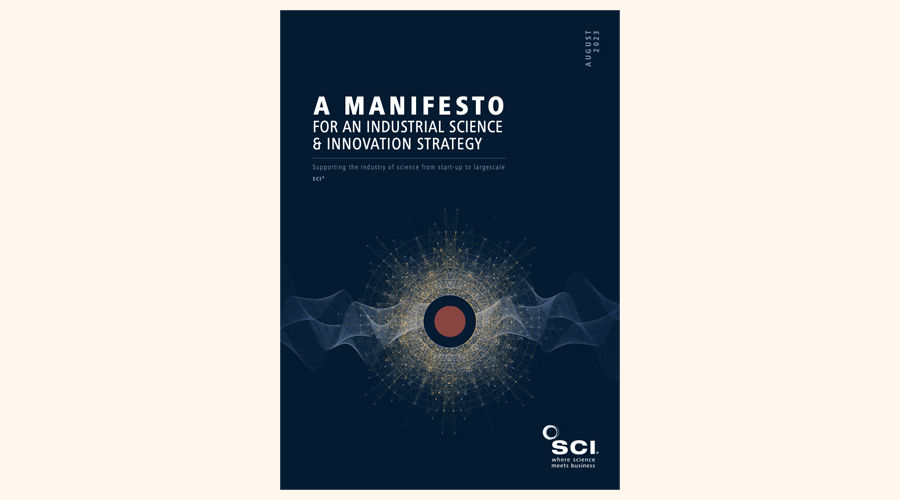UK industrial policy in focus: funding woes, a data goldmine, and a missing ecosystem.
The UK Business and Trade Committee continued its oral evidence sessions on industrial policy on Tuesday 16 April, focusing on opportunities for growth within manufacturing and emerging technologies.
Taking evidence from a wide cross-section of the UK’s industries, from pharmaceutical through to creative, there was a consensus that the UK is home to great research and innovation, but commercialising it in the UK remains a struggle. There were calls from across sectors for an industrial policy to be placed at the heart of decision making, with a focus on a long-term strategy.
Looking at emerging technologies and how they can be turned into successful businesses, Sharon Todd, CEO of SCI, told the committee that the UK used to be good at taking technology and translating it into products that were of benefit to wider society – but not any more.
‘We have lost the skill of taking science out of the lab, which is very much a part of SCI’s Manifesto launched last year. There are a lot of data points around the de-industrialisation that’s happened in science-based industry in the UK and the fact is that the UK is falling behind, not just on a broad GDP level. We have a great asset base to utilise, but a lot more needs to be done to convert that science into valuable products and businesses that than actually create value for society,’

Download SCI's Manifesto for an Industrial Science & Innovation Strategy here.
Commenting on the challenges of growing a successful business in the UK, Josh Western, co-founder and CEO of Space Forge, a manufacturer of advanced materials, said; ‘We've been pretty successful at raising venture capital funding, we’ve raised £15 million to date, 95% of that has come from abroad. Our largest single cheque has come from Germany, but most of our investment has come from the US. The question I am now having to answer is: “How can we grow and scale in the UK?’’’
Victor Riparbelli, co-founder and CEO of Synthesia, an AI business, said that he came to the UK from Denmark because he believed that the country has one of the best foundations for building an AI company. ‘There is great academic talent, a great pool of science and of course it’s the financial centre of the European region,’ he said.
But echoing the experience of Space Forge, Riparbelli said that most of Synthesia’s venture capital funding has come from the US. ‘In the earlier phases, when we were not a proven product, it was very difficult to find the type of capital that wanted to take a bet on what had started out as more of a science project than as a business.’
Witnesses agreed that where the UK government and investment community might be reticent in funding entrepreneurs, there are areas that the UK could capitalise on to attract businesses, particularly those focused on AI. However, there is concern that the UK government does not understand the drivers that would make sectors such as AI and clean tech a success.
‘I would urge access to training data,’ said Riparbelli. ‘A country like the UK has vast amounts of data in the NHS, in climate and transportation, and this is a gold mine for AI companies. I think that taking that data, anonymising it and putting it into a shape where it's useful and potentially providing that to UK companies, would be a big competitive advantage.’
Sharon Todd noted, ‘There are supply chains that need to be built. We can build a business around electric vehicles but unless we have the materials to supply into the batteries, and unless we have a recycling industry that supports recycling of core materials that are used in batteries we are not going to build a sustainable supply chain. These are essential to underpin growth.’
Todd stressed that making the most of the UK’s competitive advantage requires essential infrastructure to be put in place. ‘We have to get gritty about what’s working and what isn’t working, and then develop a whole ecosystem,’ she said.
